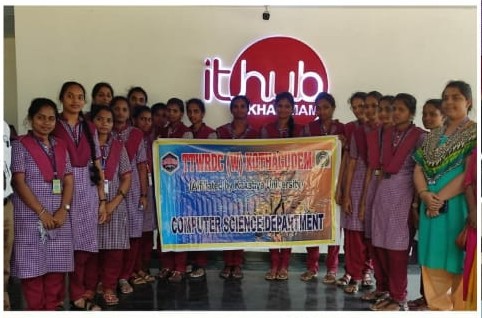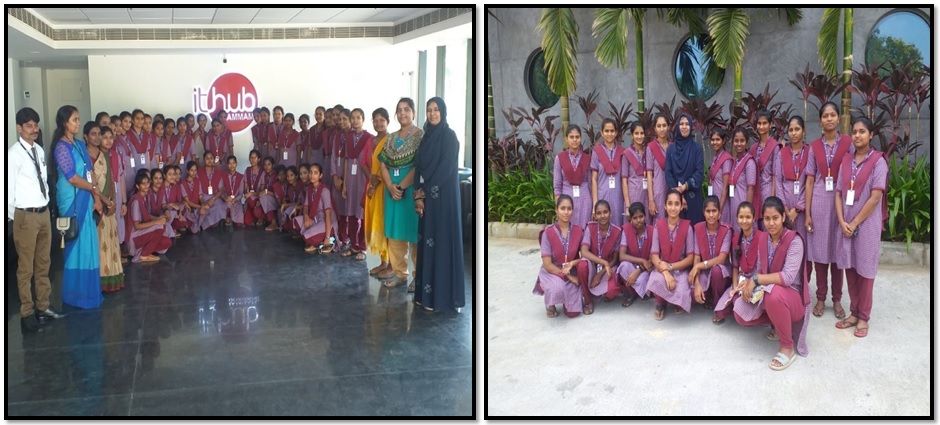Departments - COMPUTER SCIENCE - Field Trips

Field trips are exciting educational opportunities for students and teachers alike. They are designed to enhance the educational experience for all students and provide the students with an opportunity to learn outside the classroom. While these trips are often informative and eye-opening experiences for many students, they require planning and special considerations, especially related to the health needs of students. Federal laws afford all students, including those with special health care needs, the right to participate in these educational experiences.
Benefits of Field Trips
While a day in the classroom has its benefits, there are many advantages of getting children out of their typical settings and experiencing new environments. The field trip may be a place that supports the current curriculum. Other trips may be to unrelated, yet relevant locations. For instance, if your class is learning about planets, a trip to the planetarium can help enhance the coursework. However, you could also plan a field trip to the zoo or aquarium. The experiences may not match the lesson about the universe, but the animals or marine life can offer valuable learning opportunities.
Outcomes
The objective of field trips is to provide a variety of opportunities for students to grow both academically and affectively. The benefits extend beyond the traditional classroom setting and have been linked to increased engagement and motivation in school, higher test scores, enhancement of critical thinking skills, and better understanding and retention of content. Not only do field trips provide academic benefits, but they also promote affective learning, such as historical and cultural appreciation. In addition to developing cultural awareness, field trips can magnify students’ emotional well-being and foster positive attitudes towards their communities.
IT@HUB


